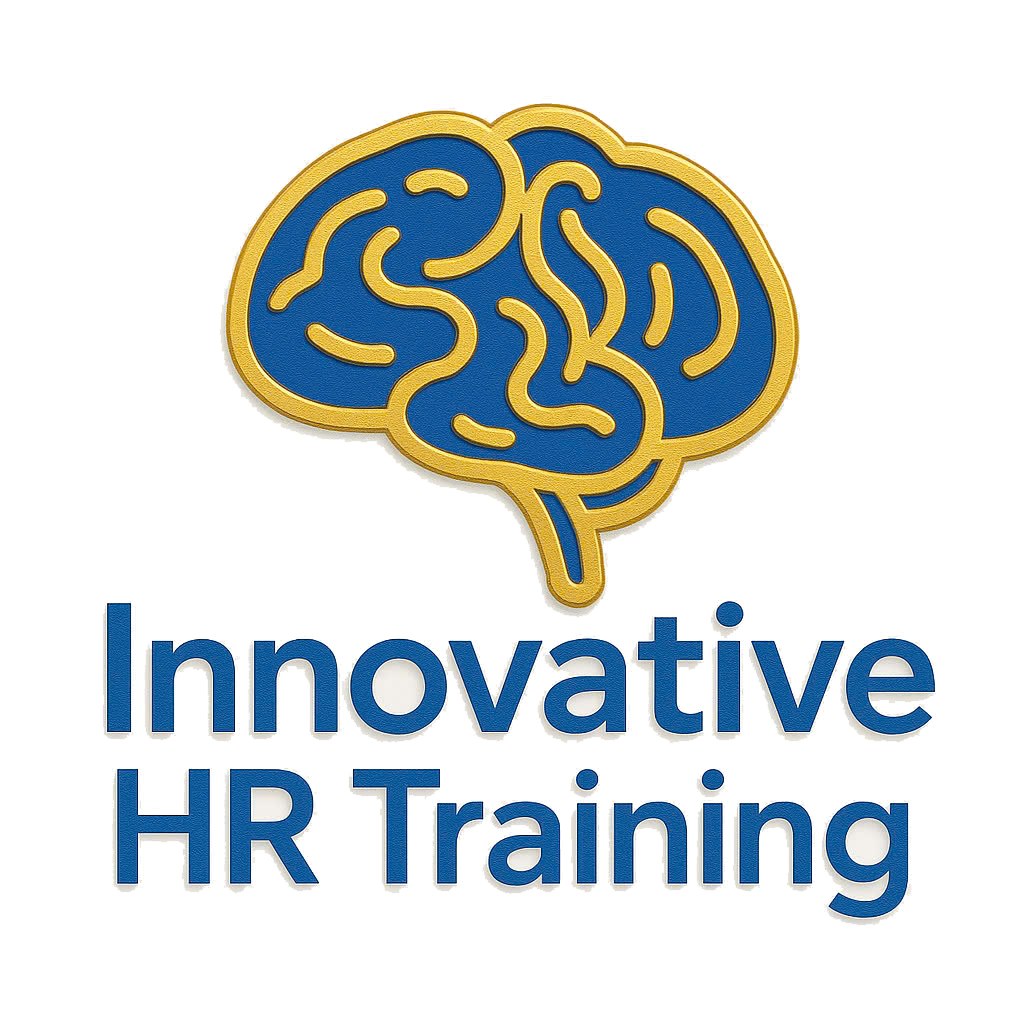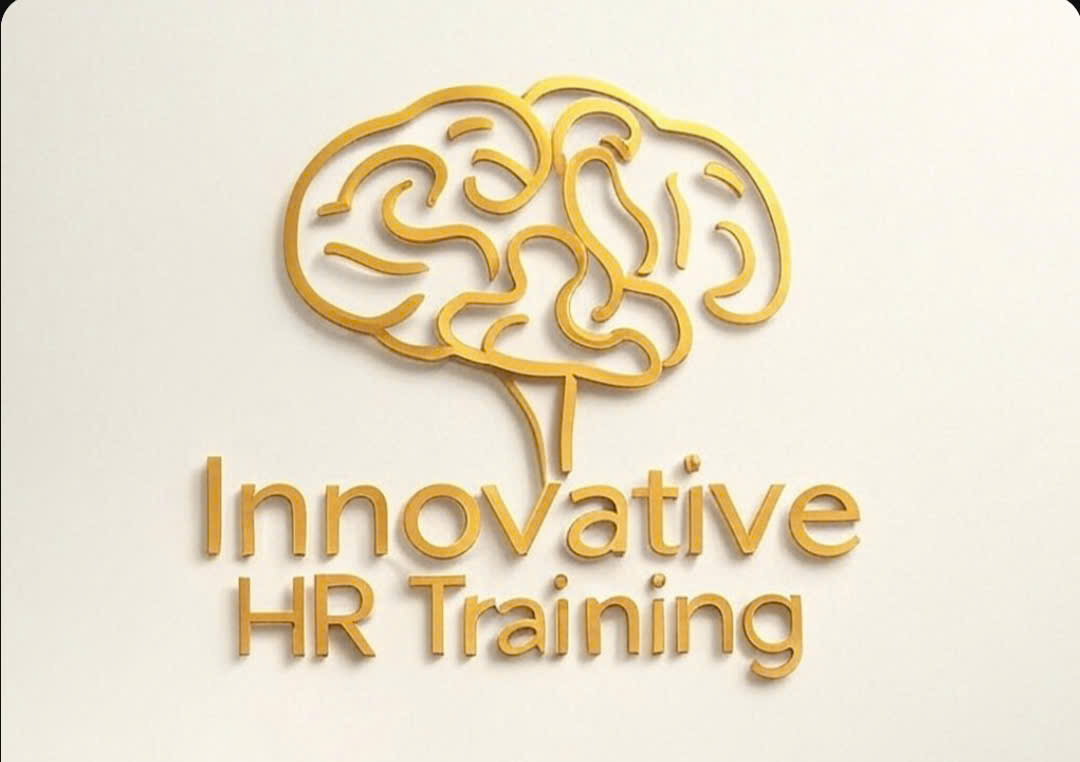CONTENT
- Roles and responsibilities of managers
- Describe the roles, responsibilities and tasks of managers
- Required capacity of the manager
- Fundamental difference between leadership role and management role
- Identify differences in behavior and skills in management and leadership
- Analyze management personality types
- Personality types and their impact on work performance and team dynamics
- Necessary communication skills for managers
- Presentation/communication skills
- Listening skills
- Questioning skills
- Communicate through behavioral language
- 3V, KISS, SMART, 5W-1H principles in communication
- Performance management
- Principles of performance management
- Manage work according to goals
- Learn work management according to BSC and KPI
- Plan and organize work
- Set SMARTER goals for individuals and groups
- Planning methods
- Organize work implementation
- Recruitment/selection of employees
- Managing risks and changes in work performance
- Work control
- Motivate employees
- Inspire employees at work
- Find out needs and meet those needs to motivate employees
- Types of needs
- Manager actions can motivate employees
- Motivating employees is a duty, not a favor!
- Build an enthusiastic and inspiring working environment
- Assign work and empower employees
- Successful delegation techniques
- Implement effective empowerment
- Success factors: Control and feedback
- Implement work instructions for employees (Coaching)
- The meaning of coaching in management
- GROW coaching model
- Practice
- Develop emotional intelligence in management
- Concept of emotional intelligence
- Principles of emotional intelligence and how to apply them
- Practice for success
- Understand and maintain group dynamics
- Differences in personality of group members
- Personality and suitability for different roles within the team
- Respect differences to maintain group dynamics
- Video analysis
- Manage cases of outstanding performance and poor results
- Talent development
- Implement discipline successfully
- Conduct performance appraisals
- Avoid emotionality and subjectivity in evaluating employees and work results
- Evaluation according to Metrics
- Conduct meetings effectively
- Decide to hold meetings when necessary
- Use many forms of work exchange instead of meetings
- Principles of effective meeting organization




